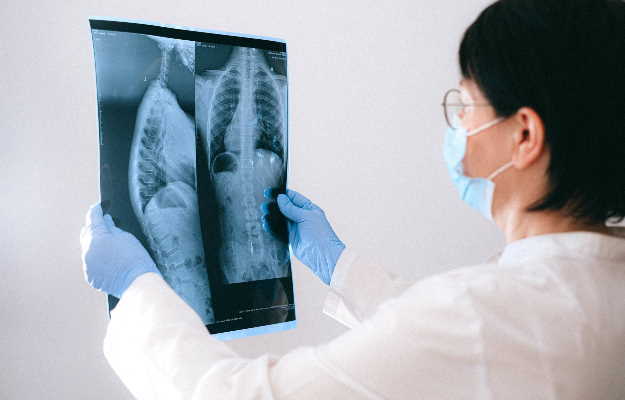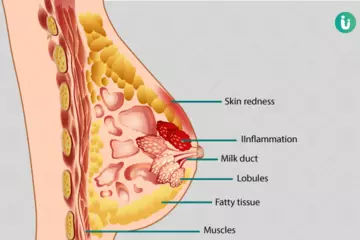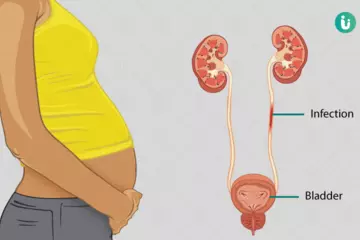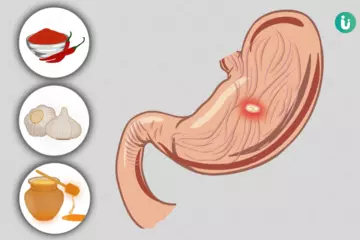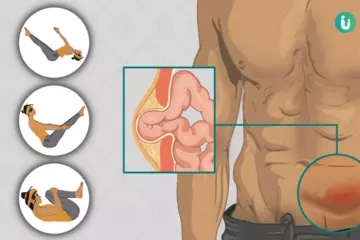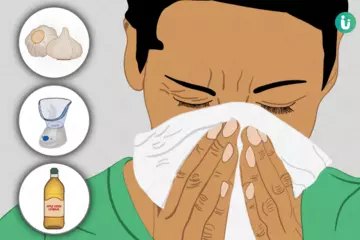Pleura is a serous membrane, which means it is a thin, transparent, two-layered membrane that is lubricated by a fluid called serum. The serous membrane is made up of simple squamous epithelial cells and is also known as the mesothelium.
The human body has two pleurae, one pleura covering each lung. Each pleura can be divided into two parts:
- Visceral pleura: covers the lungs.
- Parietal pleura: covers the inner surface of the chest cavity.
These two layers are continuous with each other - they start on the lungs and go on to cover the inside of the chest. The space between the visceral pleura and parietal pleura creates a cavity which is known as the pleural cavity. The pleural cavity is filled with a small amount of fluid that helps the two layers of the pleura to slide past each other smoothly when we breathe in and out.
What is pleurisy?
Pleurisy is the inflammation of the pleura. In the case of pleurisy (also known as pleuritis), the two layers of pleura swell up and rub against each other every time the lungs expand to allow air in. This causes the pleura to become inflamed, and breathing becomes painful.
Most of the time, a person with pleurisy presents with sharp chest pain, difficulty breathing, fever and persistent cough.
Pleurisy is usually caused due to bacterial infections including tuberculosis (TB) and pneumonia, but other causes for it could be trauma, pulmonary embolism (blood clot in the lungs), lupus (an autoimmune disease) and even cancer.
Preventing respiratory disorders like TB in the early stages can help prevent the development of pleurisy. With the help of X-ray, ultrasound, CT scan and biopsy, the underlying cause of pleurisy can be detected.
The treatment of pleurisy depends on the cause. For instance, if pleurisy is caused due to TB, treatment for TB will help relieve the symptoms of pleurisy.

 Doctors for Pleurisy
Doctors for Pleurisy  OTC Medicines for Pleurisy
OTC Medicines for Pleurisy

